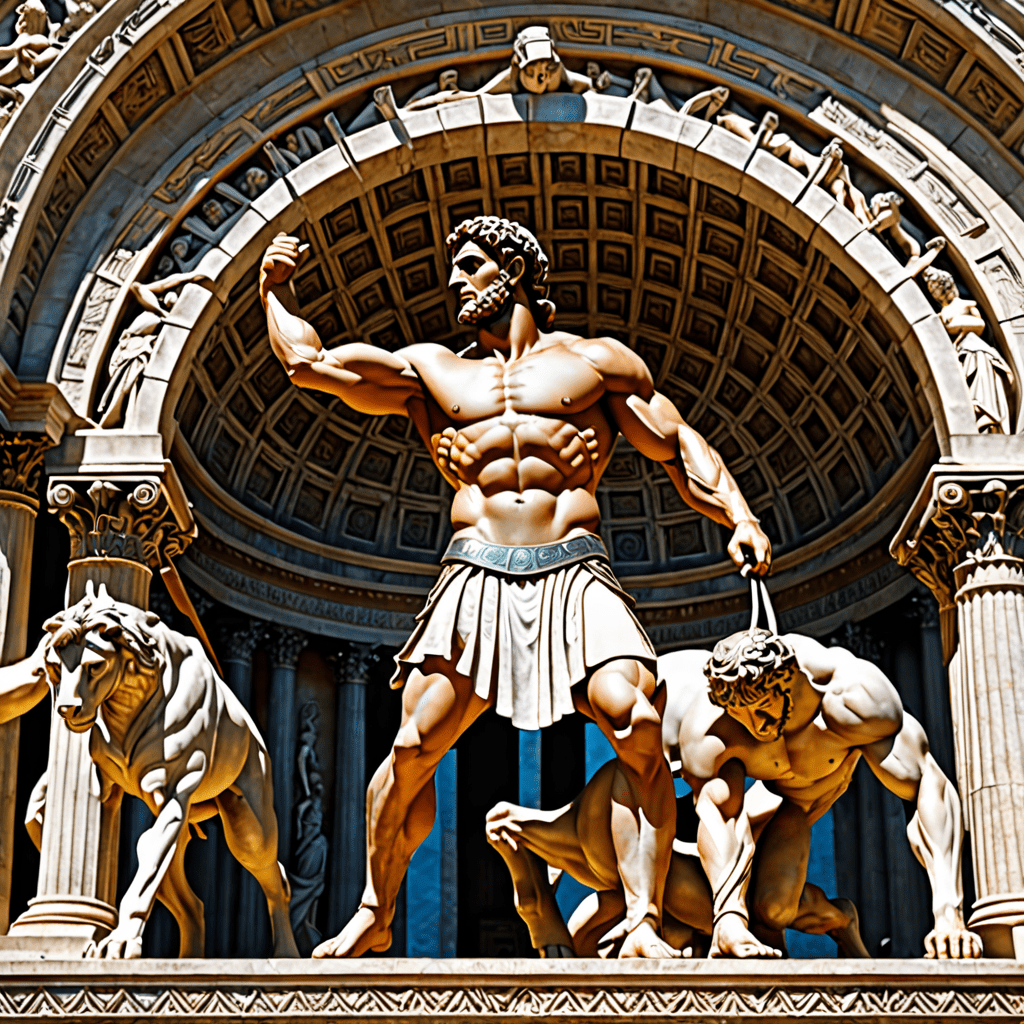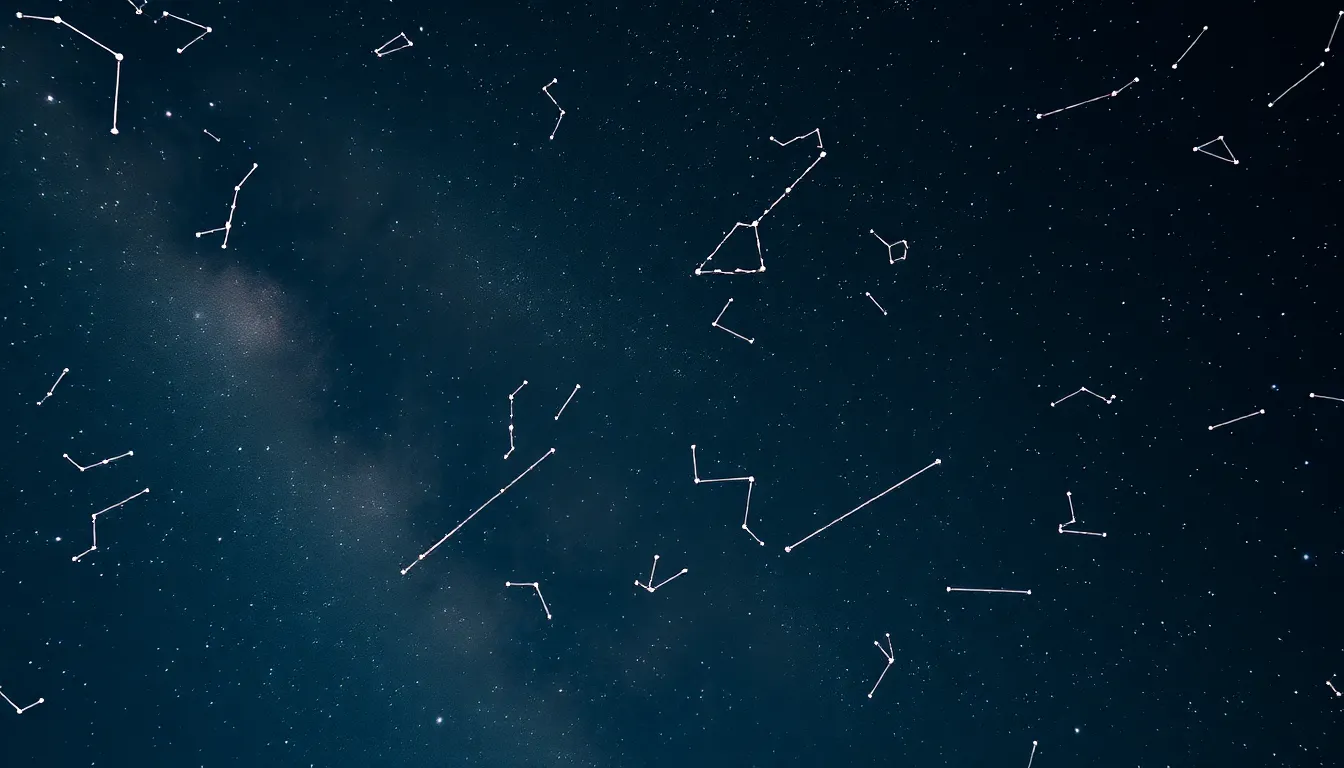Roman Mythology: Exploring the Concept of Progress and Stagnation
Introduction to Roman Mythology
Roman mythology is a rich tapestry of stories, beliefs, and deities that played a significant role in the lives of ancient Romans. Much like other mythological systems, Roman mythology offered explanations for natural phenomena, human emotions, and the organization of the world. At the core of Roman mythology were powerful gods and goddesses, each with their own domains, attributes, and roles in shaping the world.
The Idea of Progress in Roman Mythology
Progress in Roman mythology was often associated with concepts such as growth, renewal, and innovation. Gods like Janus, the god of beginnings and transitions, symbolized the forward movement of time and the potential for change. The belief in progress was intertwined with the idea of improvement, both individually and as a society. Stories of heroes overcoming challenges and evolving through their journeys exemplified the Roman ideal of progress through perseverance and valor.
Exploring Stagnation in Roman Mythology
Stagnation in Roman mythology was depicted as periods of inertia, decline, and lack of growth. The goddess Stata Mater, associated with stability and standing still, represented the concept of stagnation in Roman belief systems. Myths of gods resting or withdrawing from their activities portrayed a sense of dormancy and lack of advancement. Stagnation in Roman mythology was often linked to times of chaos, upheaval, or neglect of traditions.
Understanding the Balance Between Progress and Stagnation
Just as in the natural world, balance was crucial in Roman mythology when considering progress and stagnation. While progress symbolized evolution, renewal, and adaptation, stagnation represented stability, preservation, and reflection. Romans understood that too much progress could lead to chaos and imbalance, while too much stagnation could result in decay and lost opportunities. The interplay between progress and stagnation in Roman mythology reflected the cyclical nature of life and the importance of harmony between dynamic change and rooted traditions.
FAQ about Roman Mythology: Progress and Stagnation
What is Roman Mythology?
Roman Mythology refers to the collection of traditional stories, beliefs, and legends held by the ancient Romans. These myths center around the Roman gods, goddesses, and heroes and form the basis of their religious and cultural practices.
How does Roman Mythology explore the concept of Progress?
In Roman Mythology, progress is often symbolized by stories of advancement, innovation, and the triumph of order over chaos. It reflects the Roman belief in the importance of growth, development, and the betterment of society and individuals.
What does Stagnation represent in Roman Mythology?
Stagnation in Roman Mythology symbolizes inertia, decline, and the consequences of complacency or lack of growth. It is often portrayed through narratives of decay, punishment, and the loss of divine favor due to a failure to embrace change and improvement.




